Imagine getting pregnant out of wedlock in a society where
this is a taboo, threatening to destroy your social relations and leading to
lifelong stigma.
With no other option, you hide your pregnancy for nine months, give birth in secrecy to avoid being discovered, and then abandon your child.
This isn’t a plot from a movie—it’s the harsh reality for many Indonesian women.
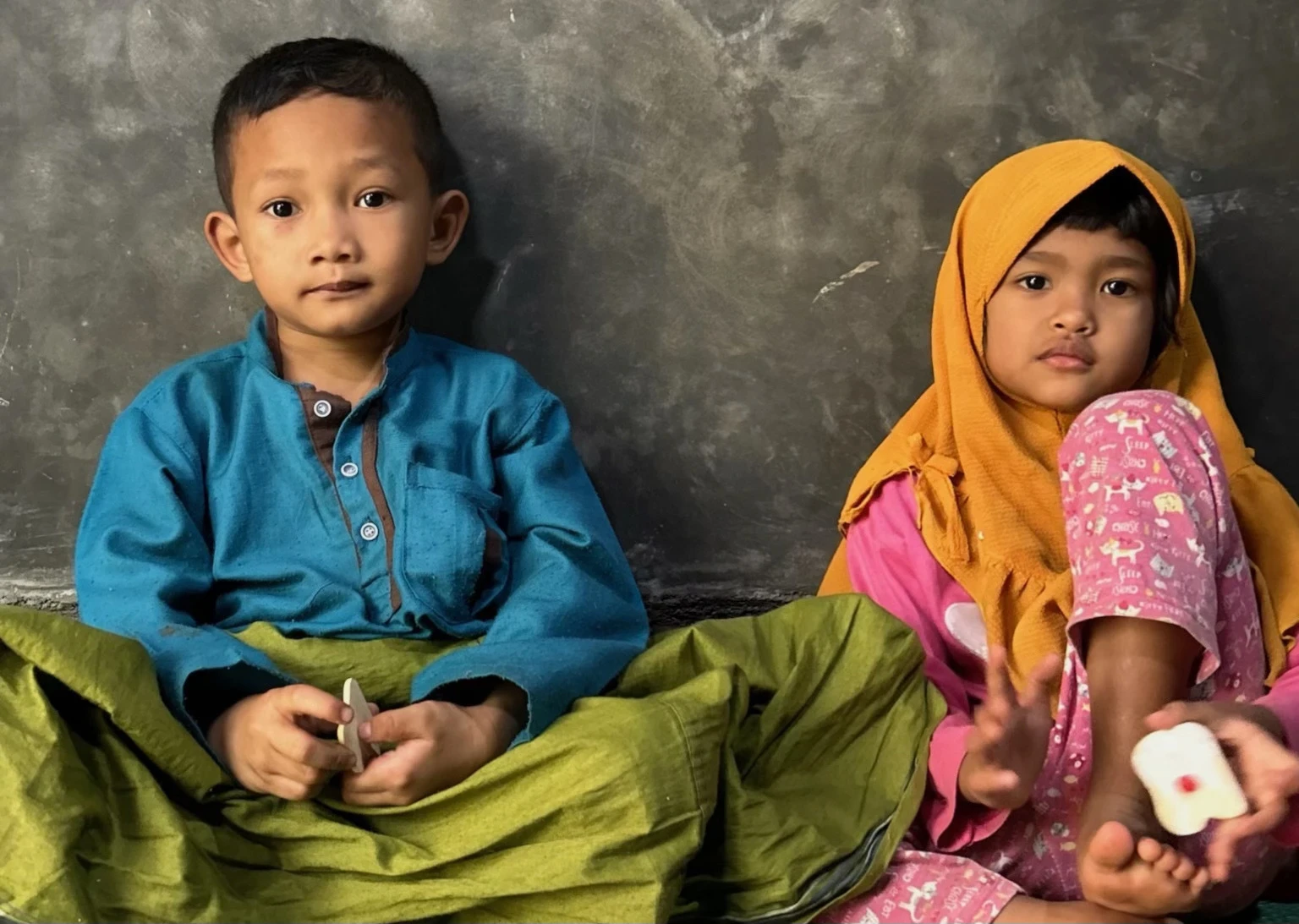
Readers may wonder how this is possible in a country known
for its warmth and love for children. In Bali, for example, there is a strong
emphasis on large, close-knit families, and travel guides frequently highlight the
community’s affection for children.
While this is true, societal attitudes
towards pregnancies outside of marriage, compounded by economic challenges,
have contributed to a troubling increase in abandoned newborns and orphans in
shelters and orphanages across Indonesia.
To explore this issue, bali.live spoke with Maria
Konovalenkova-Smith, a long-time resident of Bali, midwife, osteopath, and
founder of the Anak Kita Foundation. This newly established nonprofit
organization is committed to combating social orphanhood in Indonesia by
providing systematic support to women and their children.

BL: Maria,
it's wonderful to meet you! Could you please share what inspired you to
establish an organization aimed at reducing child abandonment in Indonesia?
Maria: In February 2023, I
unexpectedly found myself at a shelter for abandoned newborns.
What I witnessed there deeply
shocked and moved me: the unsanitary and chaotic living conditions, the lack of
structure, and the absence of professional care. Once I saw it, I couldn't
simply walk away. I returned with the support of people who know me as a
midwife and osteopath from my private practice.
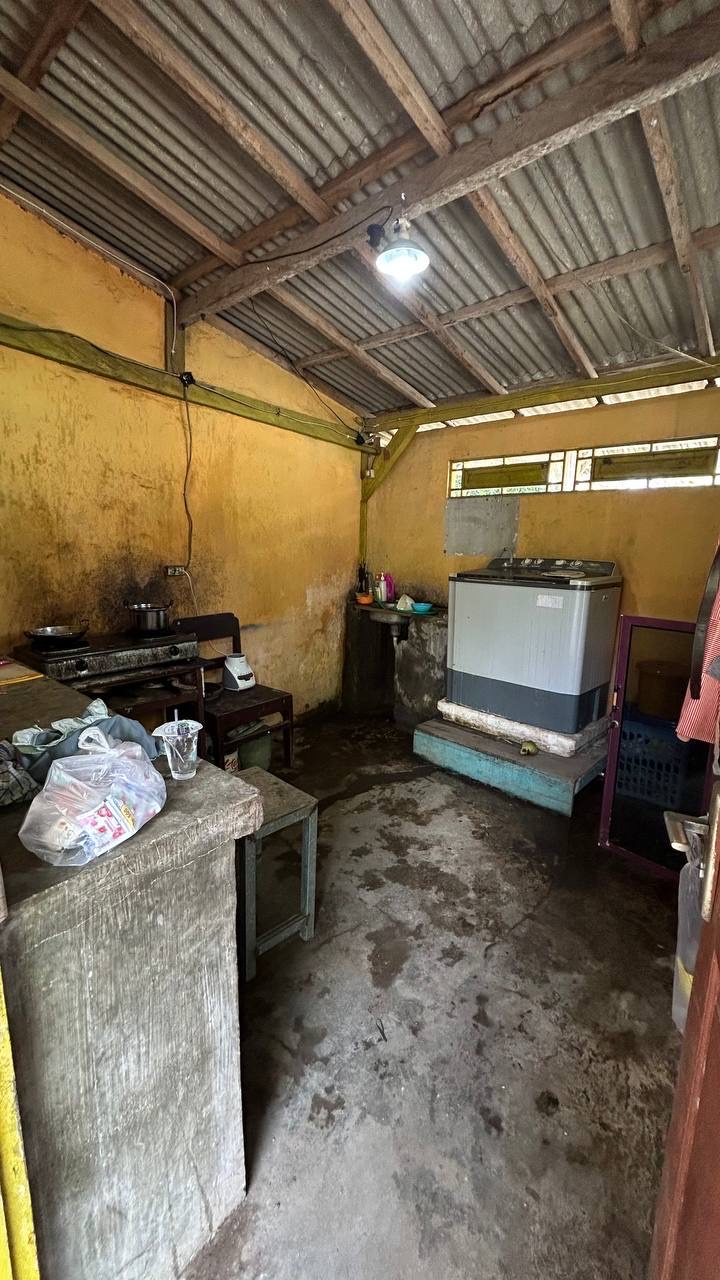
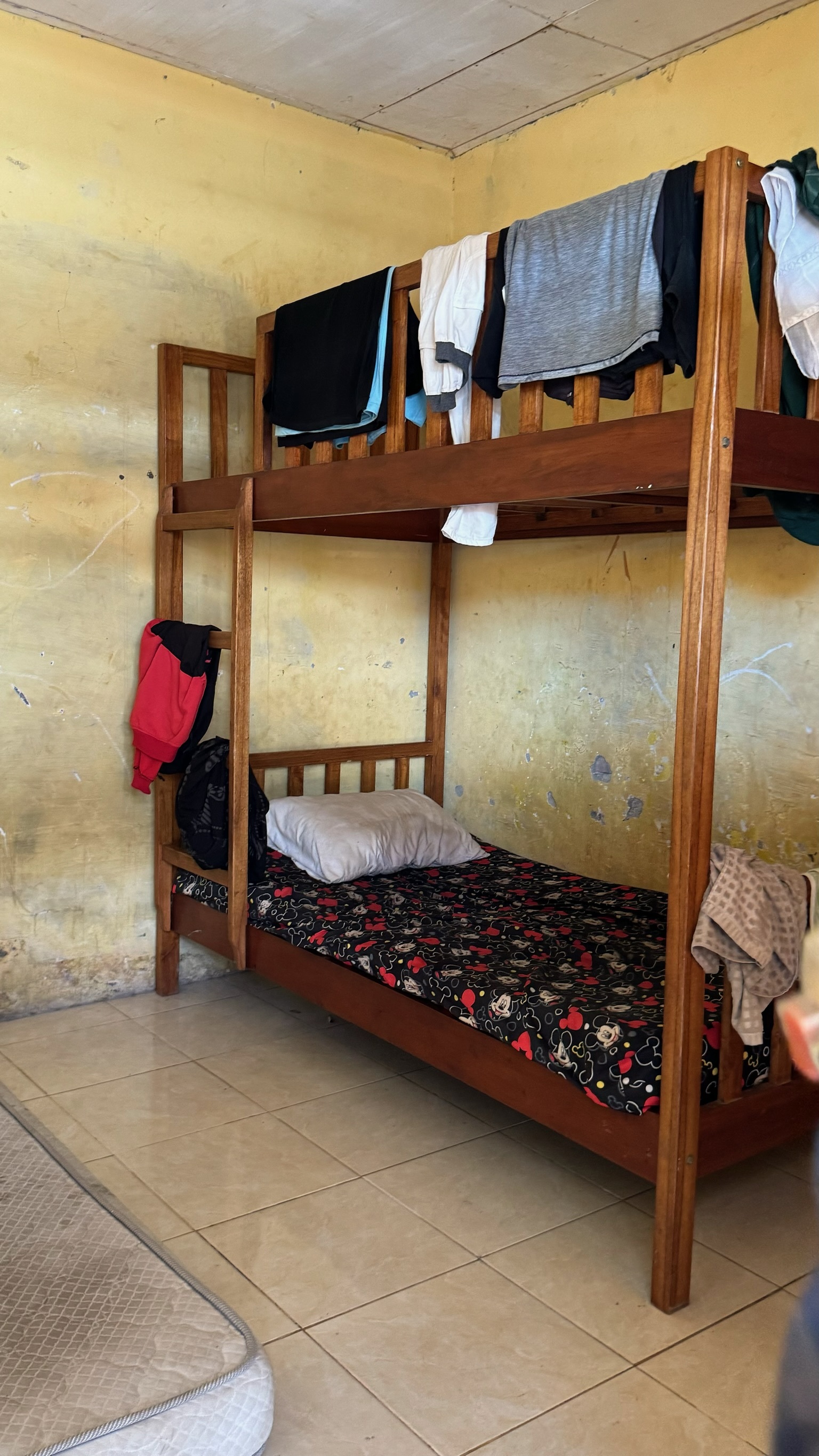
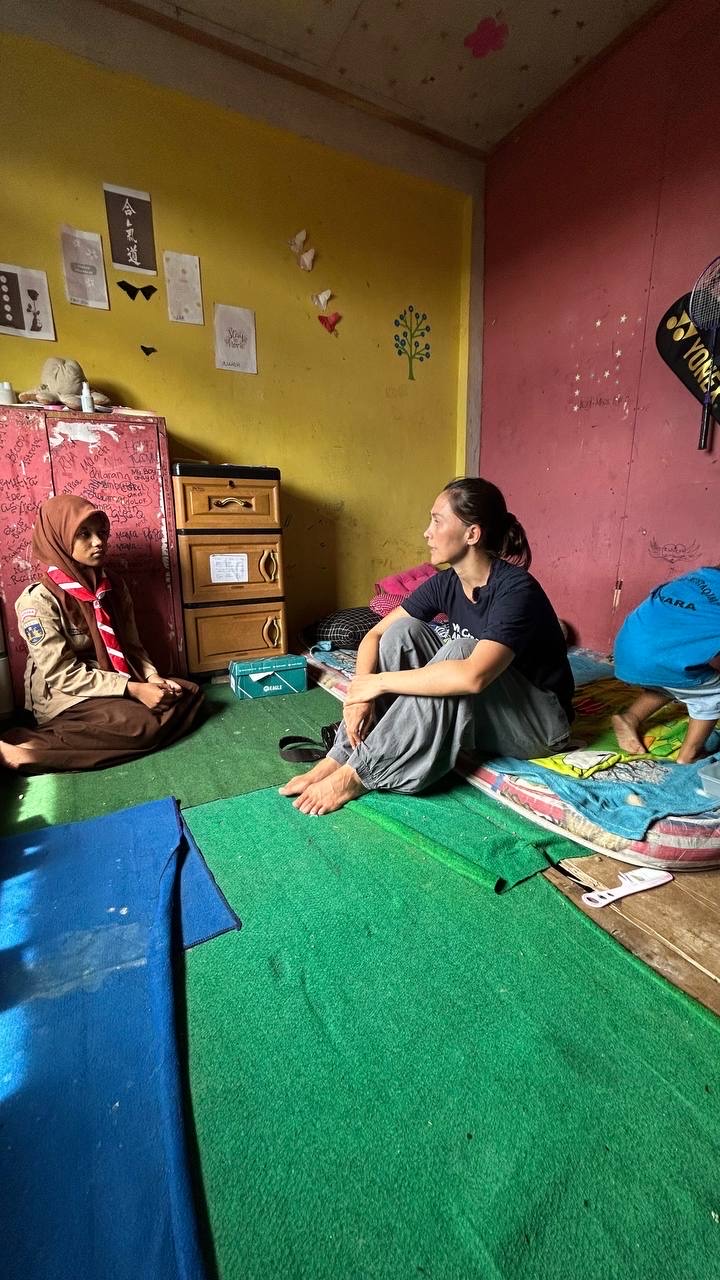
From February to April 2023, we
provided substantial assistance to the shelter: conducting major renovations,
supplying furniture, household appliances, and all necessary items for infant
care. We established a structured workflow and hired dedicated caregivers.
For the next six months, we
continued supporting the shelter by providing everything it needed and covering
100% of its expenses.
During this period, I also
visited other orphanages across the island, particularly those in the north and
west, far from tourist areas. I was surprised to discover there are over 140
orphanages in Bali alone, with the majority existing well below the poverty
line. These visits left a profound impact on me.
Having lived on the island for 17
years, Bali has become my home: my children were born here, and I've built my career
here. This place has given me everything important in my life—my family and my
life’s work. So, when I witnessed the situation in Bali's orphanages, how could
I not take action?
Establishing a foundation and
rallying the community around it felt like the least I could do. The foundation
is named "Anak Kita," which translates to "our children."
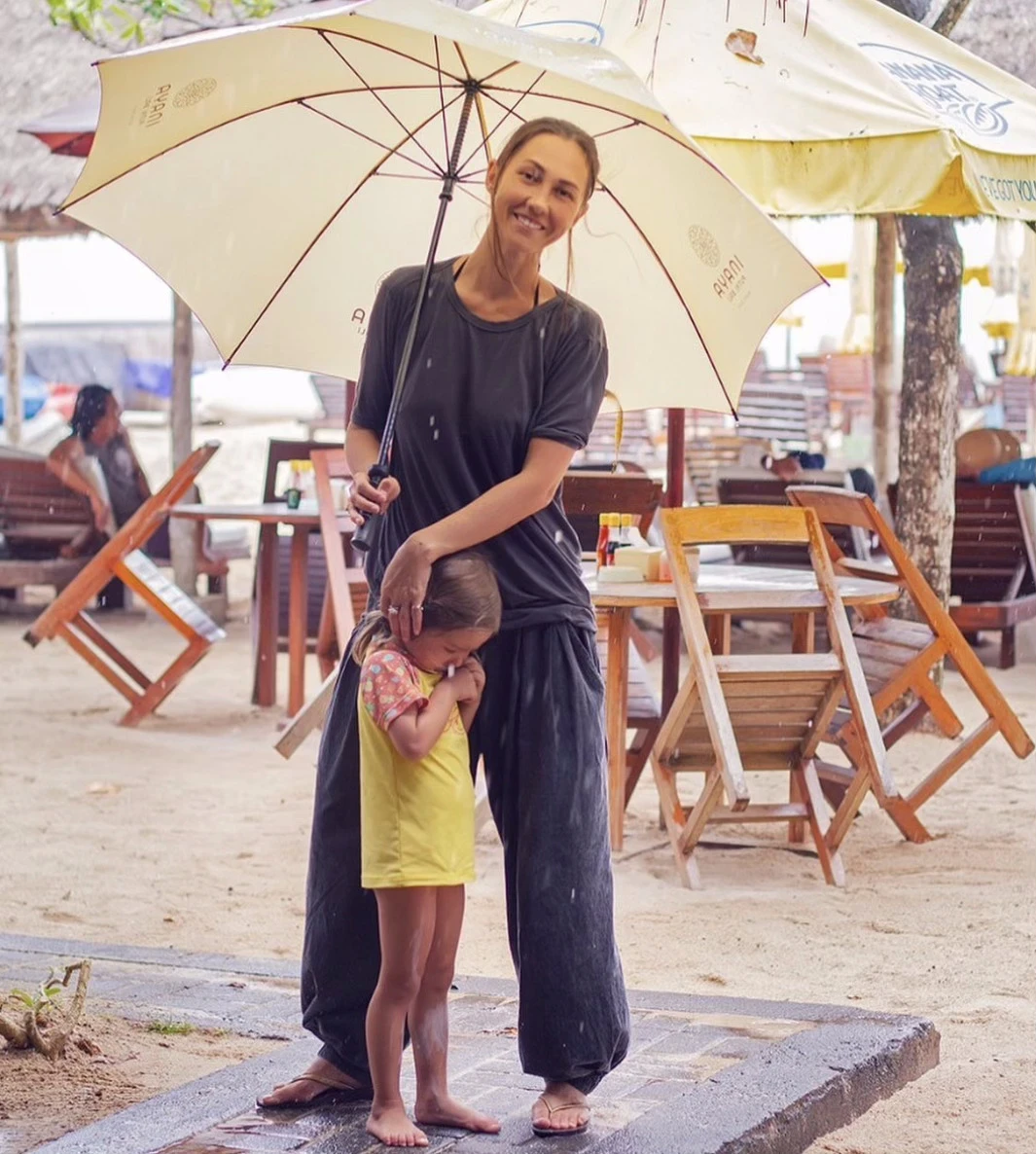
BL: The foundation is just over a year old, and during this
time, you’ve likely encountered many of these kids' life stories. Is there
one that has deeply affected you?
Maria: On
June 1, 2023, I visited a children's shelter in Semarang, a city in central
Java. There, I met an enchanting one-and-a-half-year-old boy named Fatan.
He was born out-of-wedlock to the daughter of a prominent
imam's family. To avoid disgrace, Fatan's grandfather took him to the shelter
on the day he was born.
When I arrived at the shelter, Fatan immediately captured my heart. He had a
magnetic charm, often snuggling up to me and hugging my neck when he sat on my
lap.
That evening, I returned to Bali. Two days later, I received devastating
news: Fatan had died in the hospital from dehydration.
In reality, Fatan died due to
neglect and lack of attention. At the shelter, there were 24 infants and only
two staff members—local women working around the clock, struggling to provide
even minimal essential care.
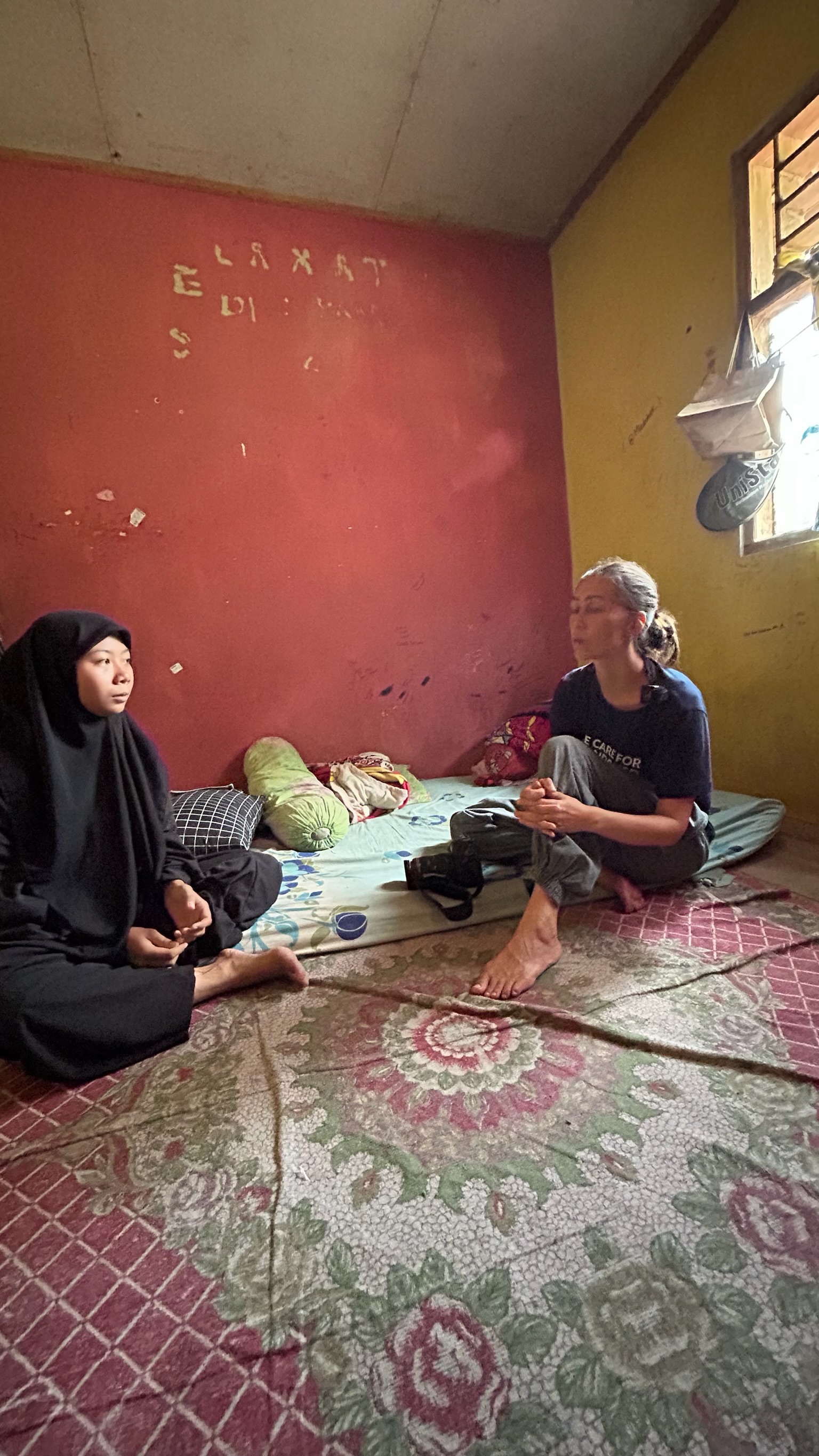
No one from Fatan's family attended his funeral. He entered this world
unwanted and left unloved—a tragic story of our time.
After receiving the news about Fatan, I fell seriously ill.
Upon recovery, I made a firm commitment to care for abandoned children and,
above all, to dedicate myself to preventing child abandonment.
BL: What are
the most common reasons that women decide to abandon their children?
Maria: Women lack access to safe means of terminating
unwanted pregnancies, and the social stigma associated with having a child out
of wedlock makes them fear bringing shame upon their families. As a result, many
women hide their pregnancies and deliver their babies secretly, opting for the least expensive clinics available.
After giving birth, they confront
a challenging decision: either keep the newborn and face potential rejection by
their family and community, or place the child in an institution until they can
independently support themselves or convince relatives to accept the
child into the family.
In Indonesia, unmarried women
typically reside in their parents' homes, a societal norm that significantly
shapes their decisions. This situation makes it daunting for them to
contemplate raising a child independently. Adding to the challenge, many of
these women lack savings, education, or qualifications, which complicates their
ability to secure employment while also caring for an infant.
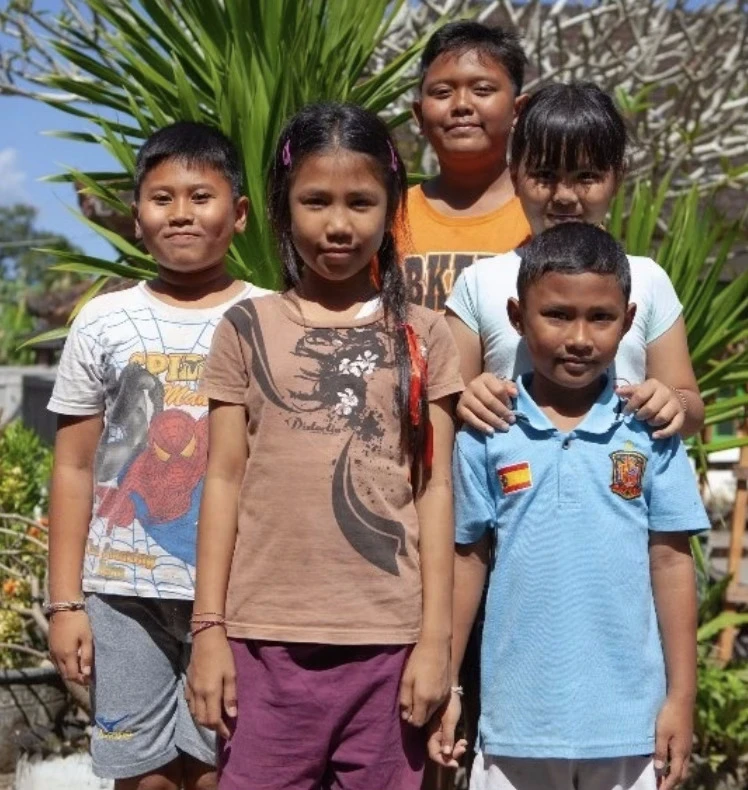
It's important to note that
Indonesian society's values and traditions differ from those in more
emancipated Western societies. Confusion and the fear of shame often compel
women to make the heart-wrenching choice to abandon their children.
The consequence is millions of abandoned
children in Indonesia.
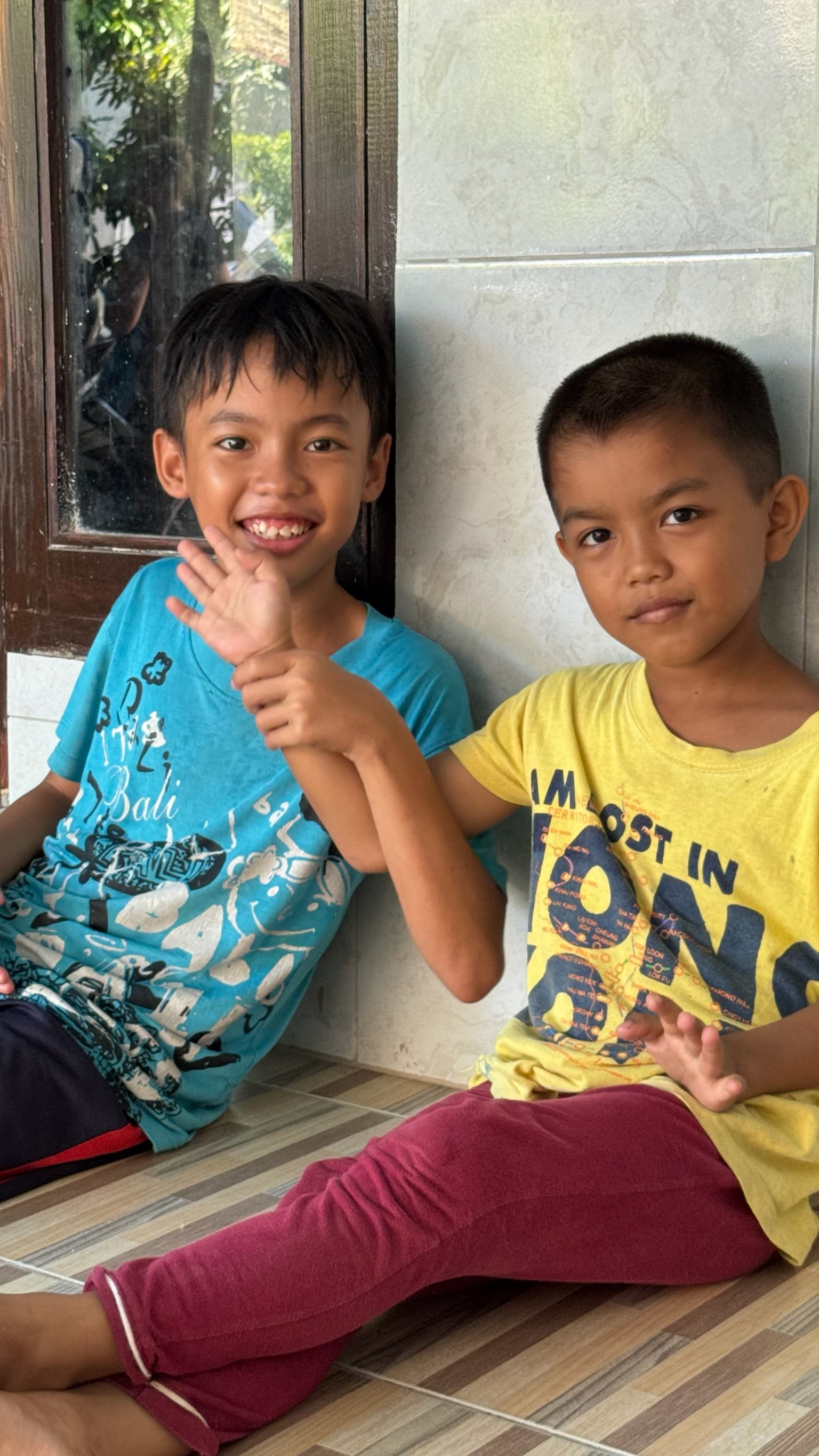
Unfortunately, due to the absence
of a legal mechanism for relinquishing parental rights in Indonesia, these
children cannot be adopted. Consequently, they often stay in shelters or
orphanages until they reach adulthood.
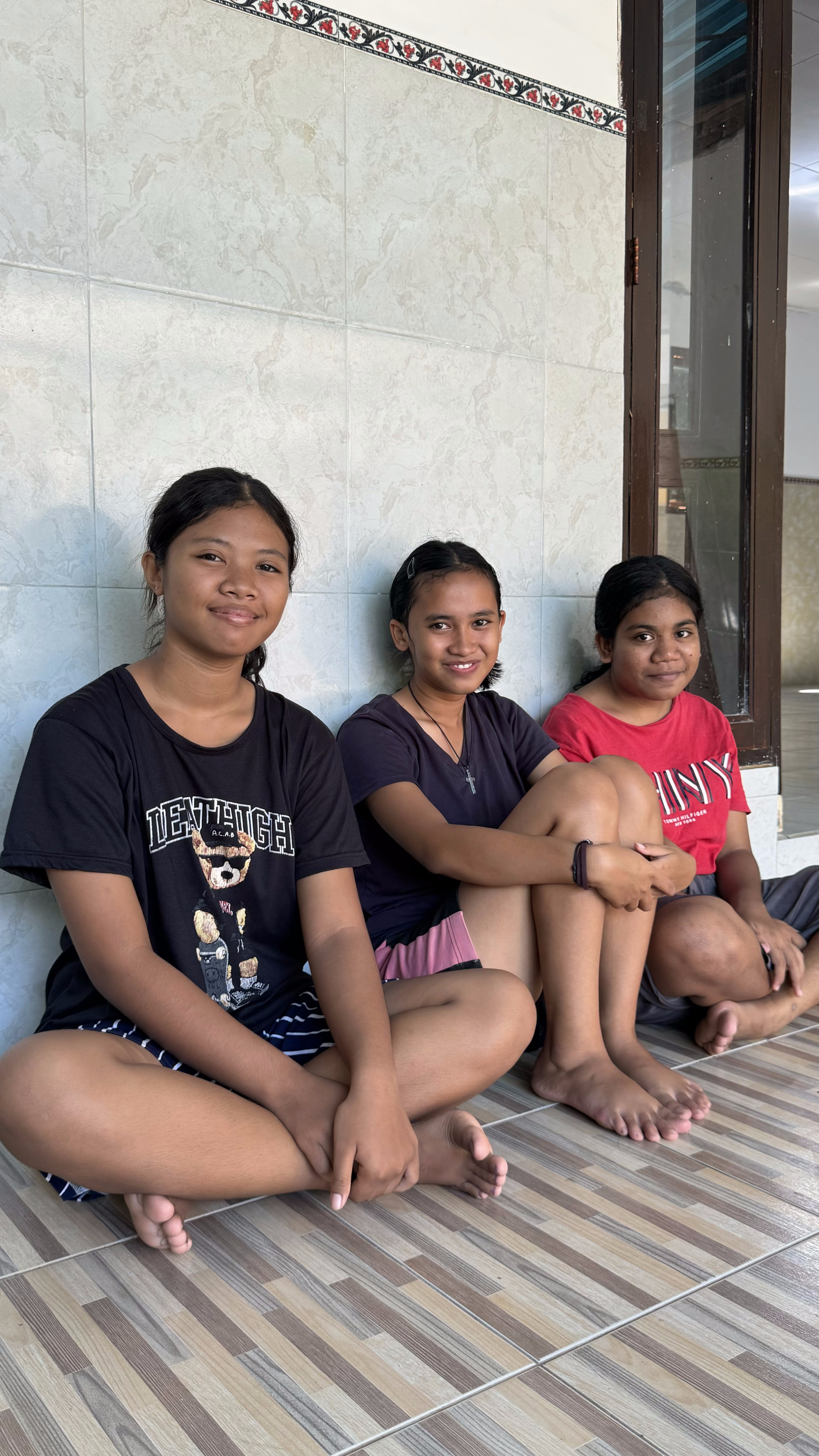
Do some mothers reclaim their
children? Yes, but only in about 7-8% of cases.
In addition to children born out
of wedlock who end up in orphanages, financial difficulties compel some
families to place their children in shelters when they reach school age, as
they struggle to provide for their education.
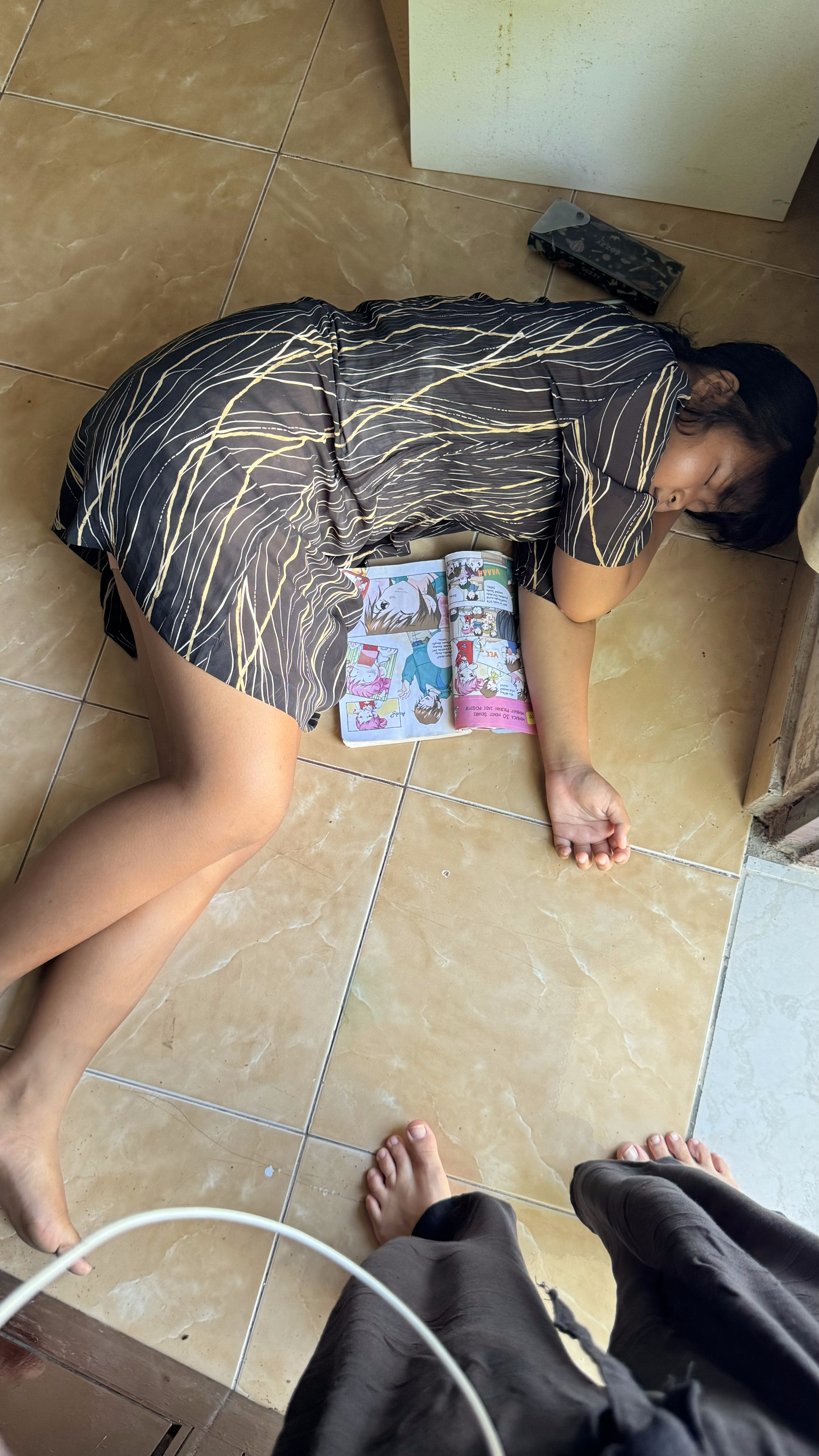
BL: Are
there any solutions to address this problem?
Maria: I believe that to reduce
child abandonment, we need to establish a comprehensive support system for
single women.
As a woman and mother, I
understand that motherhood is both joyful and incredibly challenging. Facing
this challenge without support from the child's father or one’s own family is
especially daunting.
A support system should include
shelters for women facing pregnancy alone, support and counseling hotlines,
assistance with employment, legal recognition of single mothers, and government
programs to subsidize this vulnerable population. Fundamentally, it also
involves ensuring that these women have access to education, including higher
education.
In my experience, an educated
woman feels more self-sufficient, capable, and strong. Educated mothers are
more likely to find ways to maintain their connection with their children. Why?
Primarily because an educated woman understands her worth. If she is also
raised in a progressive family, she has internal support structures.
How can someone appreciate the
value of another life, the importance of motherhood, and raising a child when
they only have a primary-level education? This is a deep and complex issue that
deserves deeper exploration and merits its own dedicated interview.
BL: What is
your foundation doing to support mothers in such situations?
Maria: As a woman and mother
myself, I believe that every pregnant woman deserves compassionate care—someone
who listens, supports, and empathizes.
For single mothers who feel
compelled to conceal their pregnancies due to societal stigma, our foundation
provides a sanctuary—a shelter where they can live without judgment. Here, they
receive essential medical support throughout pregnancy and childbirth. But
beyond that, our focus is on empowering them to realize that even after
childbirth, they can achieve independence, care for themselves and their baby,
and lead a dignified life.
This August, we are launching our
first shelter—a 140 m² house in Gianyar. It will offer a safe and supportive
environment where women in difficult circumstances can find sisterly solidarity
and community. We've partnered with the Bumi Sehat foundation to provide free
pregnancy and childbirth care for our residents.
Additionally, we are committed to
offering comprehensive post-delivery support, including assistance with
employment—a critical component in preventing child abandonment. It's essential
for these women to know that a stable life with their child is within reach.
BL: Do you support exclusively Indonesian women? Can foreigners in difficult
situations also come to you for help?
Maria: We offer support to all mothers, regardless of their nationality.
Just this month, a young foreign woman reached out to our foundation. She is
currently in Bali, pregnant, and uncertain about keeping the child. Her plan is
to leave the child in Indonesia after birth and return to her home country.
From my experience as a midwife, I've seen that not every childbirth
experience is filled with love. I've encountered cases where babies are born to
women with serious psychiatric diagnoses or borderline disorders.
Unfortunately, I've also witnessed instances of physical violence against
infants within the expatriate community here in Bali.
BL: Could you share some success stories? Have you managed to persuade any
women to keep their child?
Maria: Fortunately, yes, we have success stories.
Last November, I met Dewi, a 23-year-old Balinese woman who had been working
as a stewardess on a large transatlantic cruise liner for six months when she
became pregnant. The father of the child refused to accept responsibility.
When her contract ended, Dewi was four months pregnant and unable to return
home because her pregnancy was noticeable. Throughout her pregnancy, she stayed
away from home, telling her parents that she had work commitments at a café job
in Denpasar.
By her eighth month, her employer politely asked her to stop working due to
her visible pregnancy, leaving her without income or savings and unable to
afford accommodation.
Dewi found shelter for newborns that also assisted pregnant women in their
final trimester. Her plan was straightforward: give birth in early December and
leave the baby at the shelter a week later to quickly resume work. She planned
to embark on another six-month cruise as a stewardess, a prestigious job that
paid around 10 million IDR per month excluding tips.
When I asked why she couldn't stay with her child for a few months, Dewi
explained the need to maintain high income levels to support her younger
siblings' school fees and repay her parents' loans with the quarter of her
monthly salary sent back home.
Dewi is the second of four daughters. The eldest is married with children,
which relieves her of financial obligations to her parents and younger sisters.
Being the next oldest, Dewi felt a responsibility to fulfill her financial
duties.
Despite my repeated attempts to persuade Dewi to stay at the shelter with
her child for the first three months after birth, she refused. She also
declined my financial support offer for that period.
Our breakthrough came two days after she gave birth. The delivery went
smoothly, and the baby was born healthy. Despite efforts by midwives at the
Bumi Sehat clinic to persuade her to stay with the baby, Dewi remained
steadfast in her decision to leave her son at the shelter.
Then, a solution struck me! I offered Dewi a work-from-home job paying 2.5
million IDR so that she could continue sending money back home. It was only
when she realized she could earn money without leaving her son that she
accepted my offer!
"Bingo!" I thought. "We've found the key!"
Dewi stayed at the shelter for a month, working on tasks such as translating
the foundation's website into Indonesian.
A month later, she mustered the courage to call her mother and reveal the
truth. The phone call was followed by a day-long exchange of text messages
filled with complex emotions. The following day, her family wrote to Dewi,
inviting her and her son back home.
Dewi and her child were welcomed back into the family fold. The family
crafted a story for the neighbors, but regardless, the little boy is growing up
with his mother and grandparents. Dewi has since written to me several times,
expressing her gratitude with heartfelt words: "Thank you. Thank you for
everything."
BL: Could you outline the primary areas of focus for the Anak
Kita Foundation?
Maria: Our core mission is to
combat social orphanhood, the most complex and extensive challenge we face. We
prioritize establishing and promoting foster family networks to swiftly
integrate children who cannot remain with their birth mothers into new
families. This involves extensive legal and logistical groundwork.
Our "Big Umbrella"
project is centered on supporting foster children's shelters. Currently, we
provide assistance to five orphanages: notably one in Java, particularly the
shelter in Semarang where Fatan tragically passed away, and four others in
Bali. We extend our support to shelters and orphanages throughout Bali without
specific selection criteria, assisting all relevant organizations.
Here are some of our ongoing
initiatives:
Sanatana
Dharma Children's Home: We have
conducted renovations including plumbing upgrades, toilet replacements,
refurbishments of classrooms and bedrooms, kitchen improvements, bed repairs,
and provided new mattresses and bedding. Additionally, our nutritional support
program provides a balanced diet with chicken, eggs, fresh fruits, vegetables,
and milk.
Al
Mustakim Boarding School: Extensive
renovations are currently underway, accompanied by a comprehensive nutritional support
program.
Kasih
Jember Children's Home: Our focus
here is on nutritional support and cosmetic renovations.
Makmur
Children's Home: We are
beginning major renovations and planning a nutritional support program for this
larger facility housing 47 children. Feasibility assessments are prioritized
before making commitments.
Al
Manarul Mabrur Shelter in Semarang: We cover
salaries for 7 caregivers responsible for the youngest group. An outdoor play
area has been constructed, and cosmetic repairs have been completed. Regular
pediatric check-ups are also organized.
Additionally, we operate a grant
program that fully funds university education for graduates of orphanages. This
year, three girls from one of the care homes will attend university through
this program.
Looking ahead, our plan is to
begin constructing the Ever Green Infant Home, which will serve as a temporary
residence for infants. It will have the capacity to accommodate up to 60
babies, although our ultimate aim is for it to remain vacant. Personally, I am dedicated to avoiding the
establishment of another orphanage. I firmly believe that no matter how
well-equipped a children's home may be, it can never replace the warmth and
nurturing environment of a family home with parents, siblings, and extended
family.
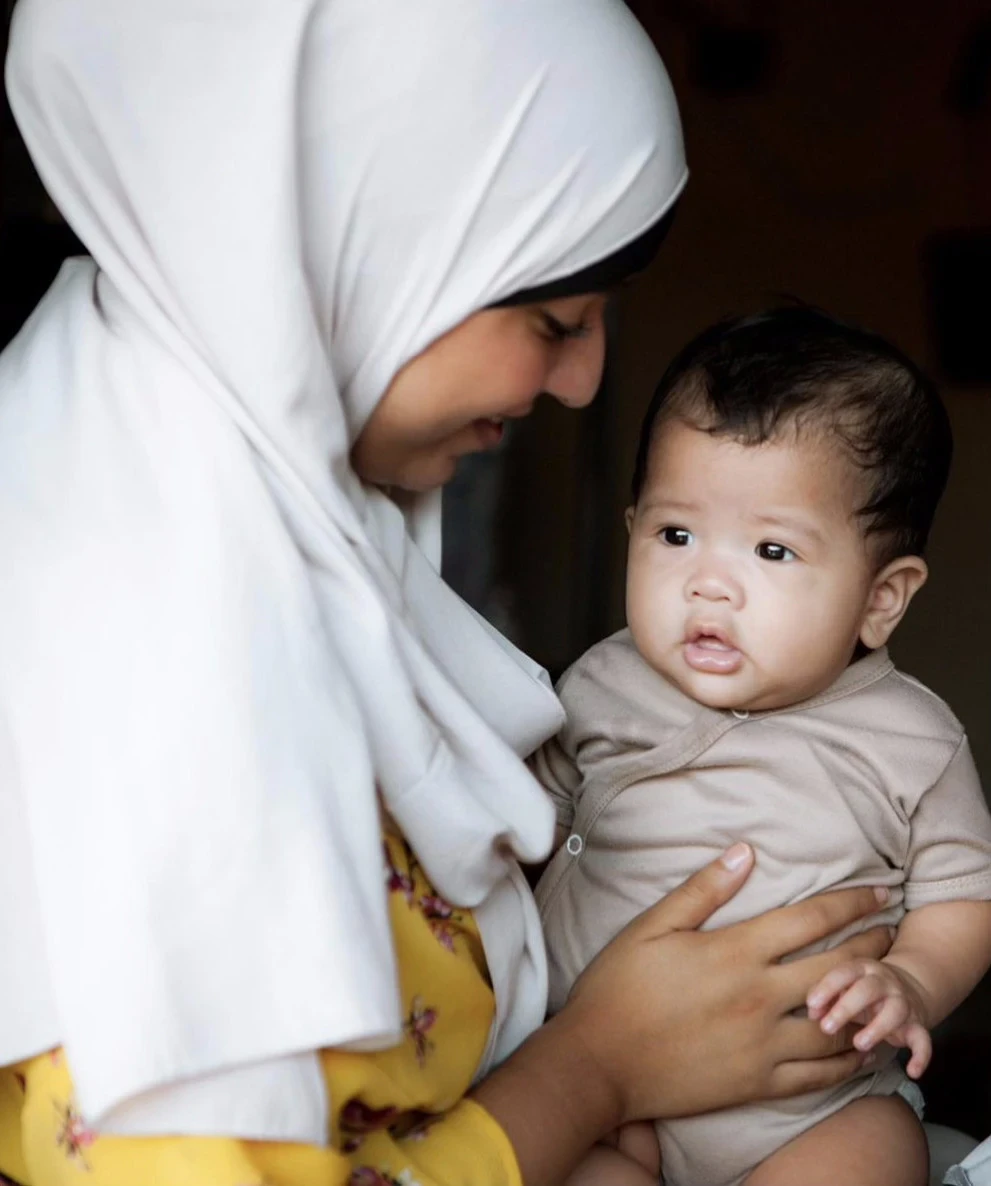
BL: Could you
tell us about your university grant program? How did you select the recipients?
Maria: Our foundation is
dedicated to establishing a comprehensive social support program for orphaned
children, including enabling them to pursue higher education or vocational
training upon completing school.
Why did we choose this direction?
Primarily because orphaned children receive very limited government support,
and social orphans (those with at least one surviving guardian) receive none at
all.
This year, we piloted the program
by awarding three grants for higher education to graduates from children's
homes. Next year, we plan to launch a full-scale grant program.
There was no selection process
this year. We granted scholarships to graduates who expressed a desire to
pursue higher education. However, next year, we plan to introduce a competitive
process with 10 grants awarded to the most talented and determined graduates
from orphanages.
Two of the girls we supported
this year opted for distance learning: one for a management and pedagogy
program, and the other for an English literature program at a reputable
university in Denpasar. The third girl chose a full-time program in English
literature.
Needless to say, the girls were
completely shocked by this unexpected and generous opportunity! Typically,
attending university isn't even considered by children leaving homes. Boys
often work for GoJek or in roadside tire shops (bengkel), while girls typically
work in stores like Indomaret or Alfamart. Securing one of these jobs is
considered a significant achievement for children raised in orphanages. A
university degree is not something they could dream of. And now, these girls
have the chance to pursue university education!
Investing in these resilient,
determined young people who have faced life's hardships is an investment in our
community's development. They value this opportunity like no one else.
BL: Maria,
could you please share how our readers can support the foundation and the
children under its care? Should they consider visiting the children's homes?
Maria: I encourage everyone to
decide for themselves whether visiting an orphanage aligns with their
interests. However, it can be a valuable experience for those looking to
broaden their horizons.
Regarding the impact of a single
visit on the children's lives, I'm uncertain if it would achieve significant
change. However, consistent and active engagement in their lives can truly make
a profound difference.
Let me illustrate with an example
from one of the children's homes we support. Imagine, some of these facilities
had not undergone repairs in 25-30 years, enduring the local climate's
challenges.
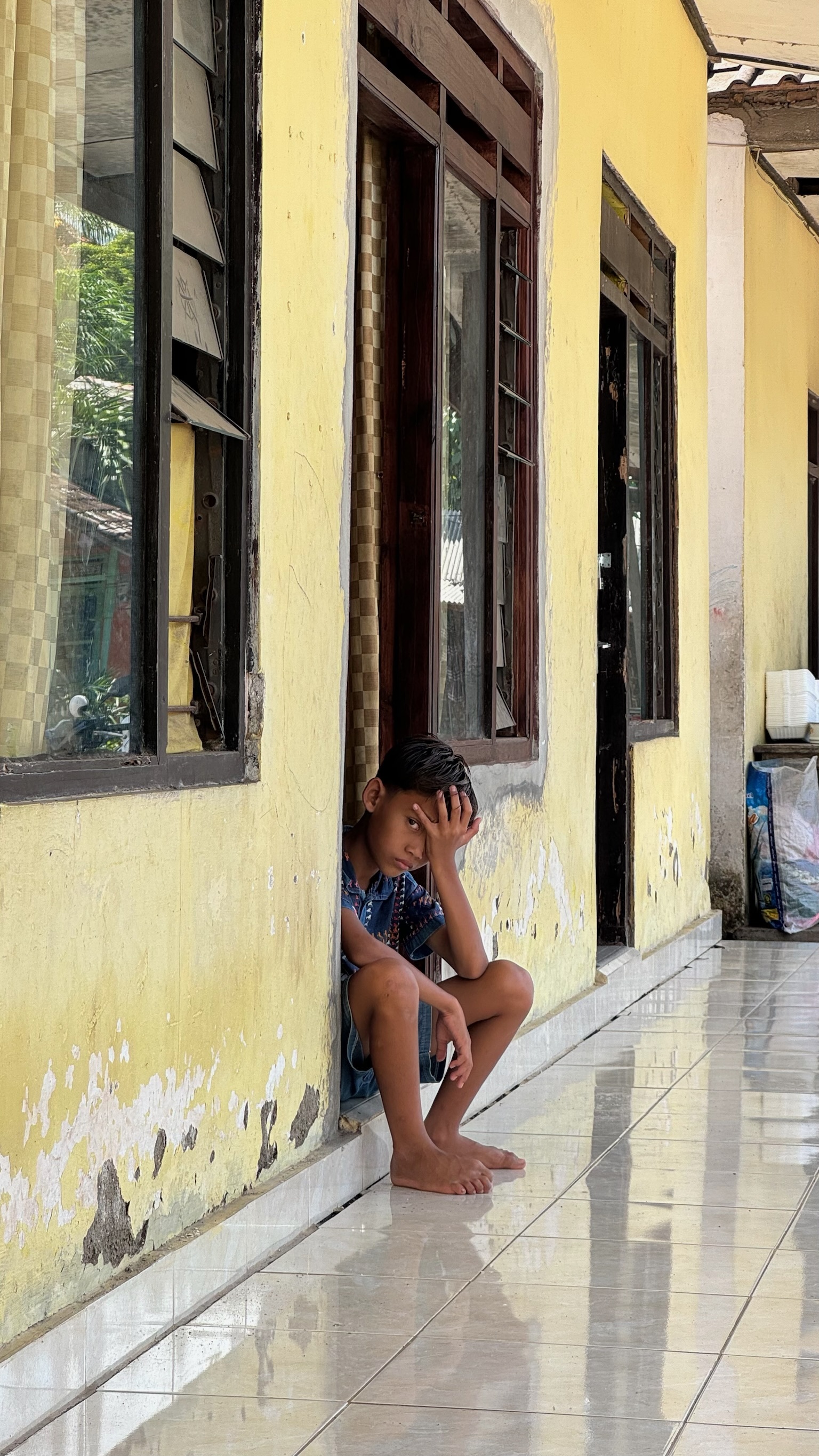
Thanks to ongoing financial
support from the Russian-speaking community, we've completely renovated the entire
home, provided nutritious meals, and implemented regular English and computer
literacy classes for the children.
This steadfast, sustained support
for orphaned children significantly enhances their quality of life, transforms
their outlook, self-esteem, and empowers them to envision a brighter future.
The Anak Kita Foundation is
primarily a coalition of resilient, compassionate individuals. If you're ready
to contribute to our planet and those in genuine need, we warmly invite you to
join our alliance.
I don't see the foundation as
charity. Safeguarding children and mothers—how is that charity? To me, it's
simply the essence of humanity and the only way to honor ourselves and our
world.
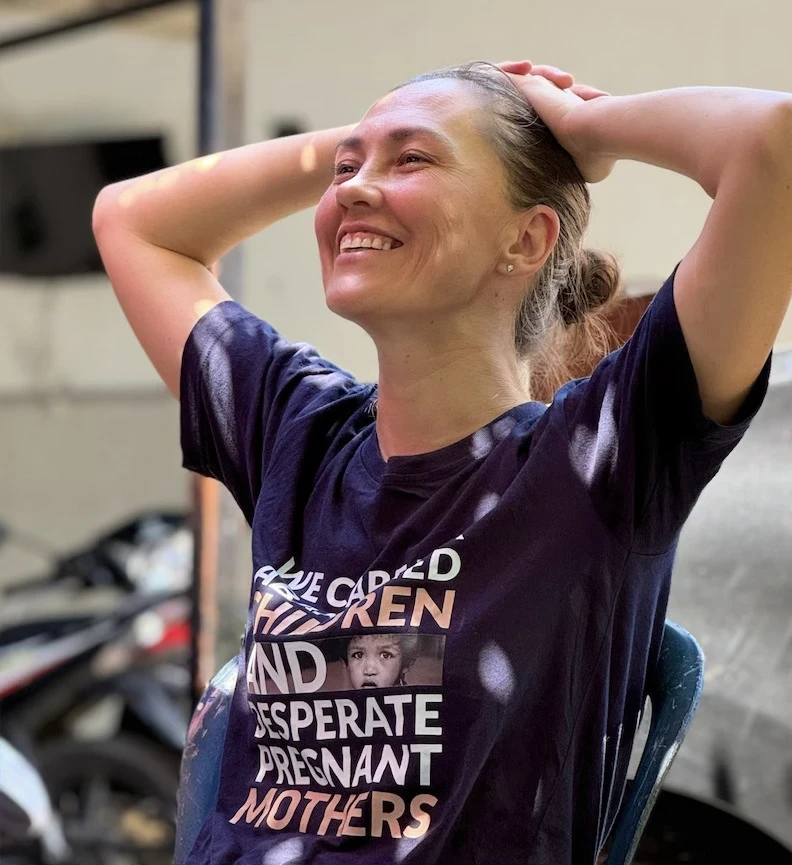
There are several
meaningful ways to contribute:
Financial
Donations: You can
make a one-time donation or set up regular monthly contributions. Whether
donating personally or through your business, your support directly impacts the
lives of children and mothers in need. For businesses, partnering with us can
also offer benefits that enhance your market position.
Skill and
Expertise: Your
skills are invaluable to us. Whether you can commit to regular involvement or
contribute specific skills for projects, your expertise helps us achieve our
mission effectively.
In-Kind
Donations: We
welcome donations of unwanted clothes, bicycles, household appliances,
furniture, bedding, or mattresses. Every donation finds a purposeful home where
it's needed most.
To support the foundation or to explore other ways to contribute, feel free to contact us via our website or
WhatsApp.
Thank you for considering how you
can make a difference with the Anak Kita Foundation!
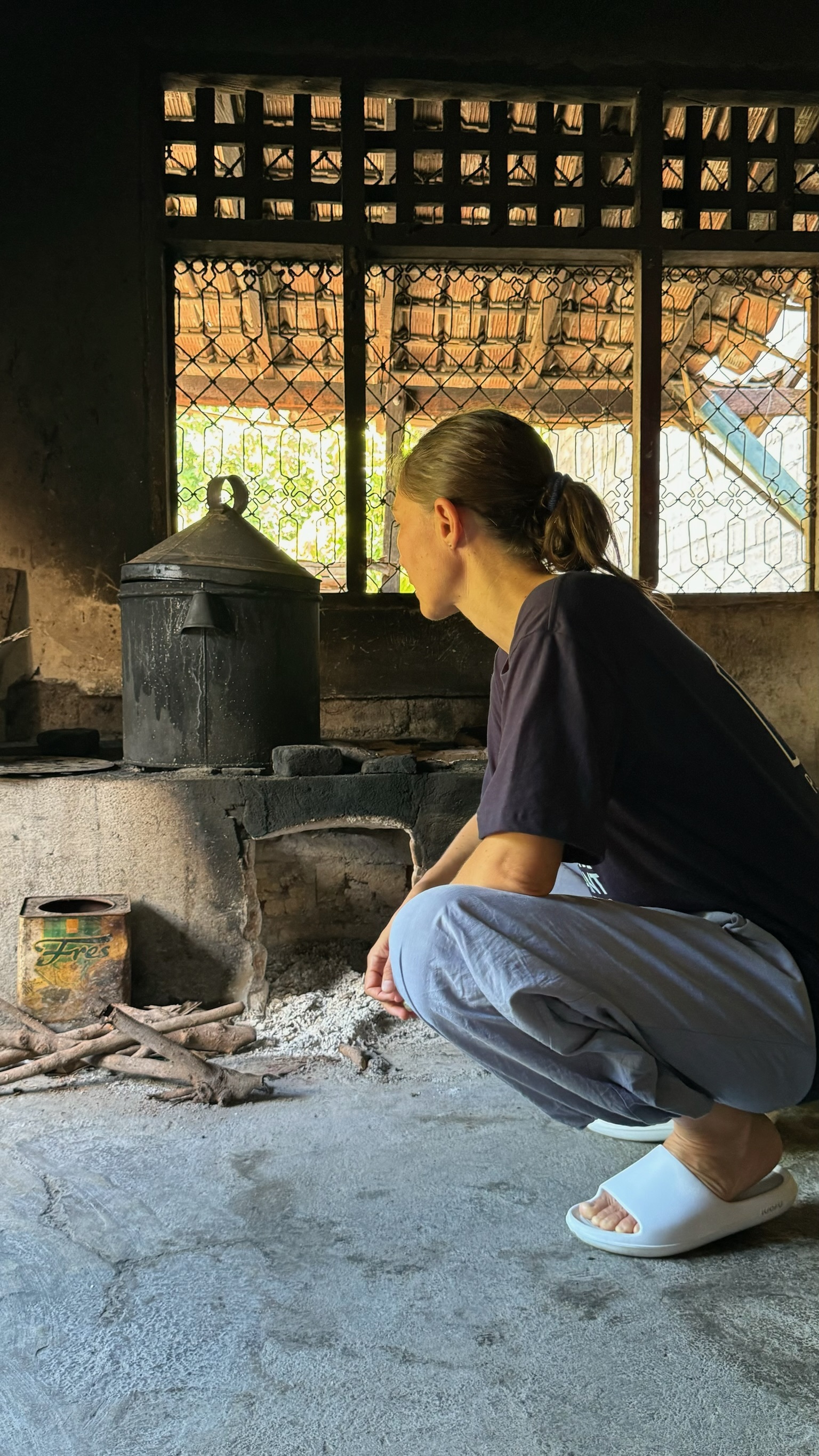
You can add one right now!